Cape Town
Election Day on May 29 was a tumultuous, wonderful day for South Africa. Thirty years of corruption and ruin under the sole rule of the African National Congress Party came to an end. The ANC, which won 63 percent of the vote in the first democratic election in 1994, and 70 percent in 2004, now only won 40 percent.
When the ANC took power in April 1994, South Africa had the strongest economy and the best infrastructure in Africa. We had a plentiful supply of the world’s cheapest electricity and the world’s greatest mineral treasure. The horrible apartheid laws had been scrapped by the last white government. We were the darling of the world, which was eager to trade with us. We had bountiful advantages.
The voting map shows that the MK vote was a Zulu vote
Over thirty years, the ANC has squandered them all. Our electricity system is crippled, our railways have collapsed, water supply has failed in large parts of the country and there is sewage in the streets. Economic growth has stagnated, especially in the last five years under President Ramaphosa, probably our most disastrous president and certainly the most unctuous and deceitful (although not the most corrupt). We are one of the most murderous, dangerous countries on Earth. Unemployment has risen to a catastrophic 32 percent (including those who have given up looking for work). The big winners of ANC misrule have been a black elite, the worst losers ordinary black people. But we do have real democracy.
Unlike most countries in Africa, we are as democratic now as we were at the dawn of democracy. All parties could contest the election. The press was under no government censorship. The South African Broadcasting Corporation (SABC) was less biased than the BBC. The election was a bit of a shambles in places: the normally efficient Independent Election Commission stumbled badly; some people lined up for six hours or more and some couldn’t vote at all. (I was lucky in Cape Town). But nobody questioned the transparency of the election, nor the validity of the final result. This is something to be proud of.
South Africa uses proportional representation: each party gets the same percentage of MPs as its percentage of total votes in the country. This is fairer than the British and American systems but it means you don’t have an MP representing you and the party bosses are all-powerful.
The happiest outcome was the ANC’s decline; other outcomes were not so positive. The Democratic Alliance (DA), the only important liberal party in South Africa, remained the second biggest party but only increased its vote from 2019 by 1 percent to 22 percent. The votes the ANC lost did not go to liberal parties but to illiberal ones with the same statist policies. Worst of all, when many hoped this would be a vote against corruption, the biggest winner, who shocked everyone, was the most corrupt man in South African history.
Jacob Zuma was president of South Africa from 2008 to 2018. He was an unschooled Zulu and thought to be a simple party hack. He got his first senior post by default and rose to the top without rivals noticing. Where most ANC leaders are aloof and superior, Zuma was a man of the people — the Zulu people, that is. He had many wives and humble charm. He posed as a simpleton but had the craftiest political brain in South Africa. He outwitted all enemies, survived all plots against him, defied arrest. His long presidency was marked by corruption on a massive, blatant, outrageous scale. He was eventually deposed in 2018 by Cyril Ramaphosa, the current president. Then, true to style, he struck back.
In December 2023, Zuma formed the MK Party. MK is short for uMkhonto weSizwe — “The Spear of the Nation,” the unsuccessful military arm of the ANC during the struggle in the 1960s. The MK Party was hastily put together and the pundits gave it little chance. It did staggeringly well, getting 15 percent of the votes, putting it third behind the ANC and the DA. In the Zulu heartland of KwaZulu-Natal (KZN — formerly Natal) it got 45 percent of the vote to the ANC’s 17 percent.
The voting map shows that the MK vote was a Zulu vote. Few others voted for it. But the Zulus are the biggest ethnic group in South Africa, with 25 percent of the population, and KZN is the second most populous province. Zuma with his usual skill posed as a martyr betrayed by an arrogant ANC, and invited his followers to feel scorned and neglected.
The DA retained the Western Cape, where I live, with 55 percent. It is the best run, most successful province in South Africa, and both white and black people want to move here. This makes it hated by the ANC and much of the media, who call it white and racist. Actually whites only make up 7 percent of the population but the DA got 22 percent of the vote. The biggest ethnic group in the Western Cape are the “coloureds” (mixed race, including the original South Africans, the Bushmen and Khoi). They distrust black Africans. I’m afraid this explains more of the DA’s electoral success than its good governance, although this is changing.
What now? There will have to be a coalition government, almost certainly including the ANC. Who will join it? The liberal DA would be the best choice for the economy, although personally I hate the idea (which shows my heart overrules my head at times). With MK, the coalition would have 55 percent of MPs, a comfortable majority, but Zuma and Ramaphosa loathe each other. Another possibility is the firebrand EFF (Economic Freedom Fighters, dedicated to Marxist economic serfdom). They got almost 10 percent and could bring enough MPs for a coalition. They were my big fear a year ago but have been eclipsed by MK. The trouble is that the ANC, MK and the EFF all have the same ideology: Marxist state control and elitist African nationalism.
This article was originally published on The Spectator’s UK website.



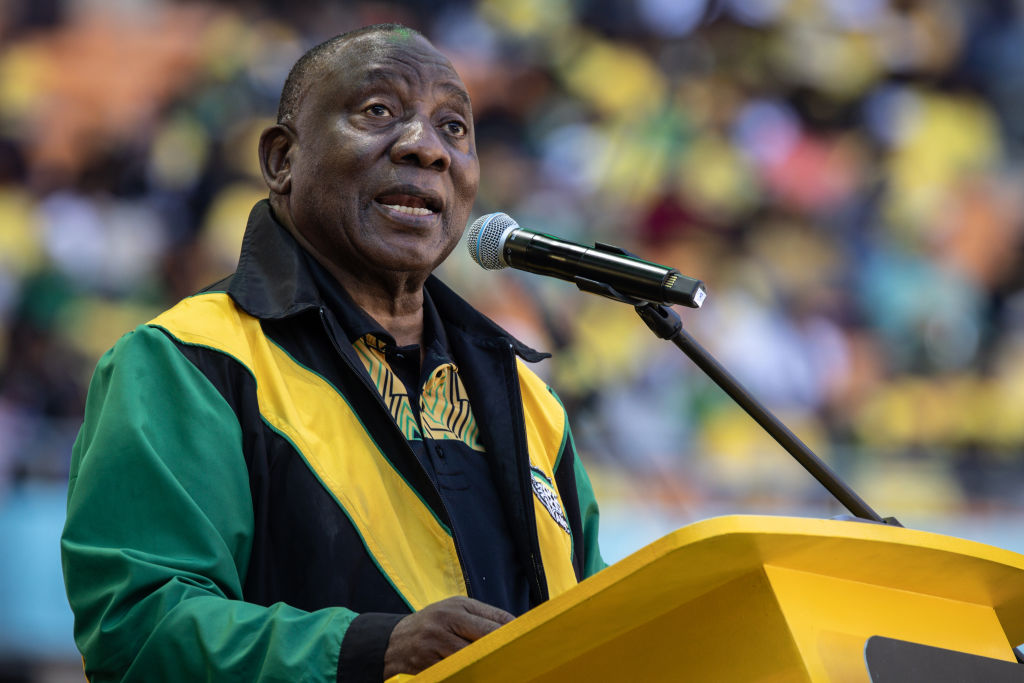






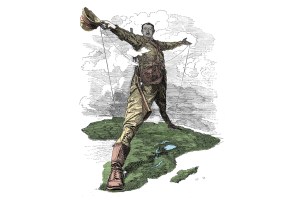
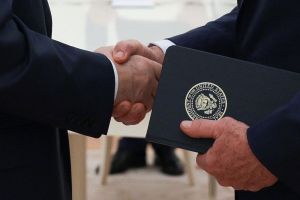
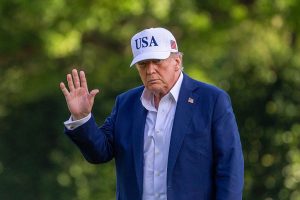
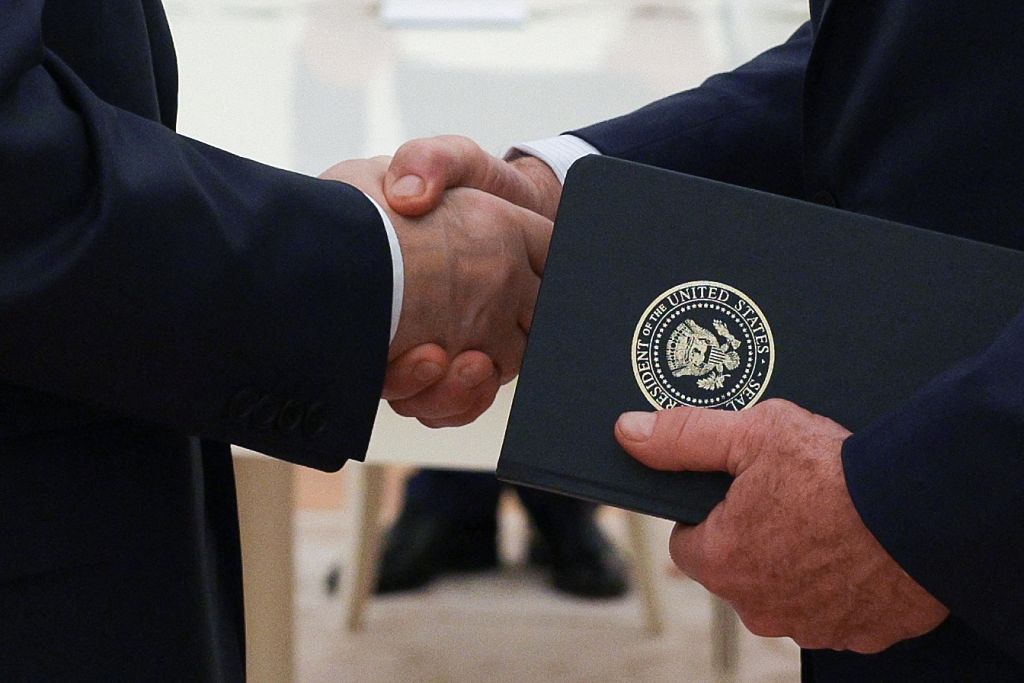
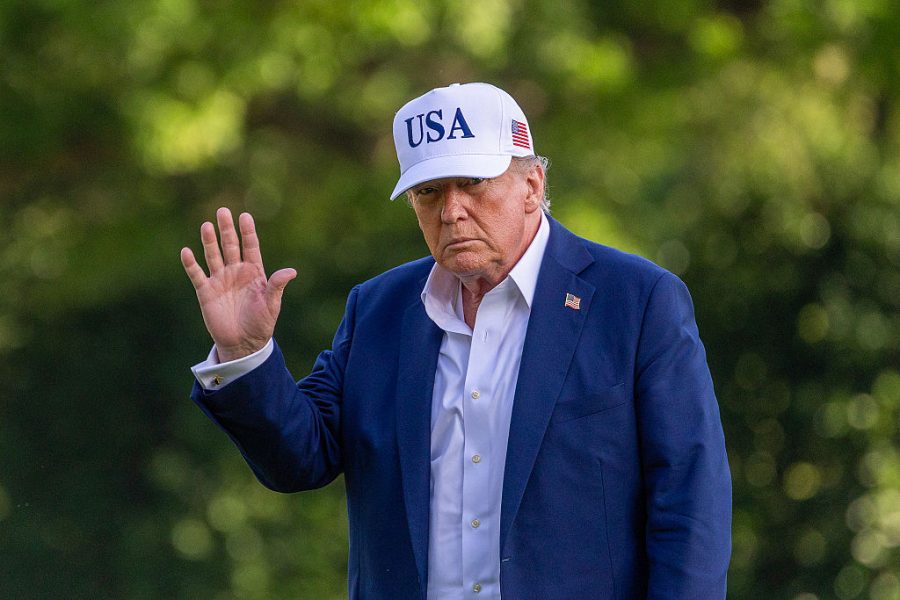
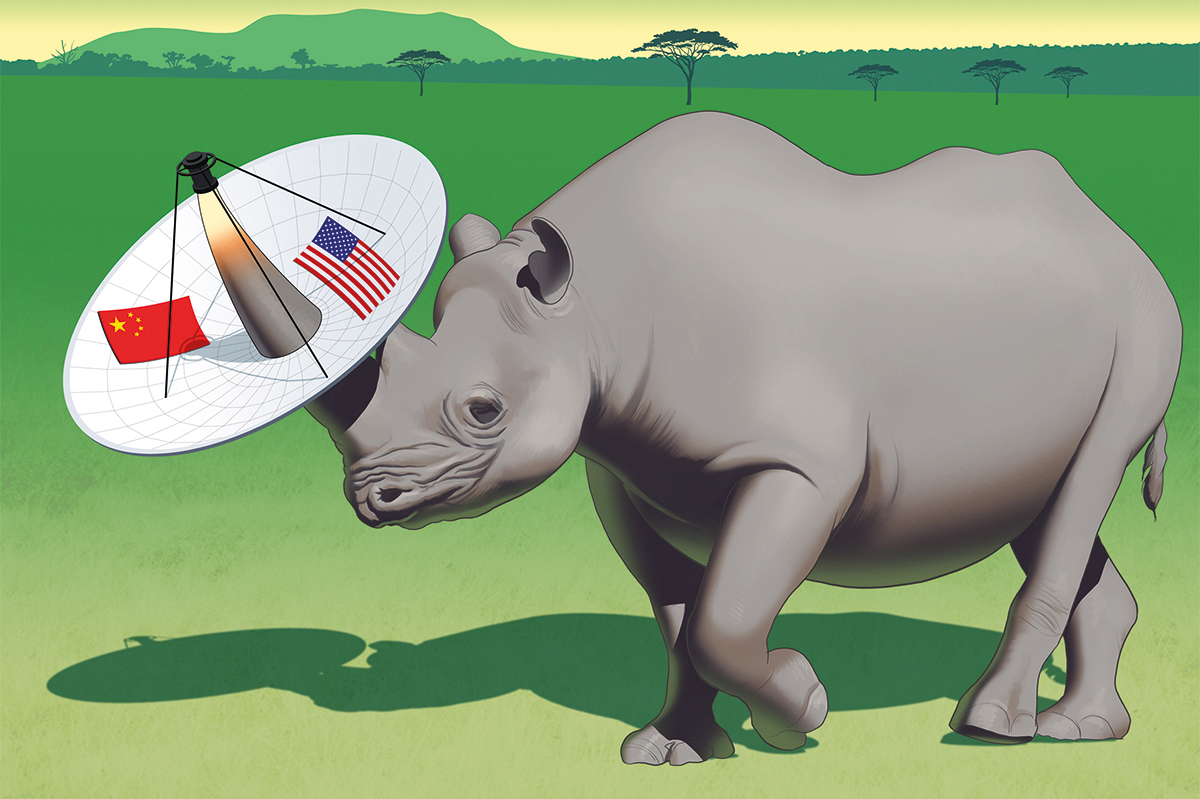
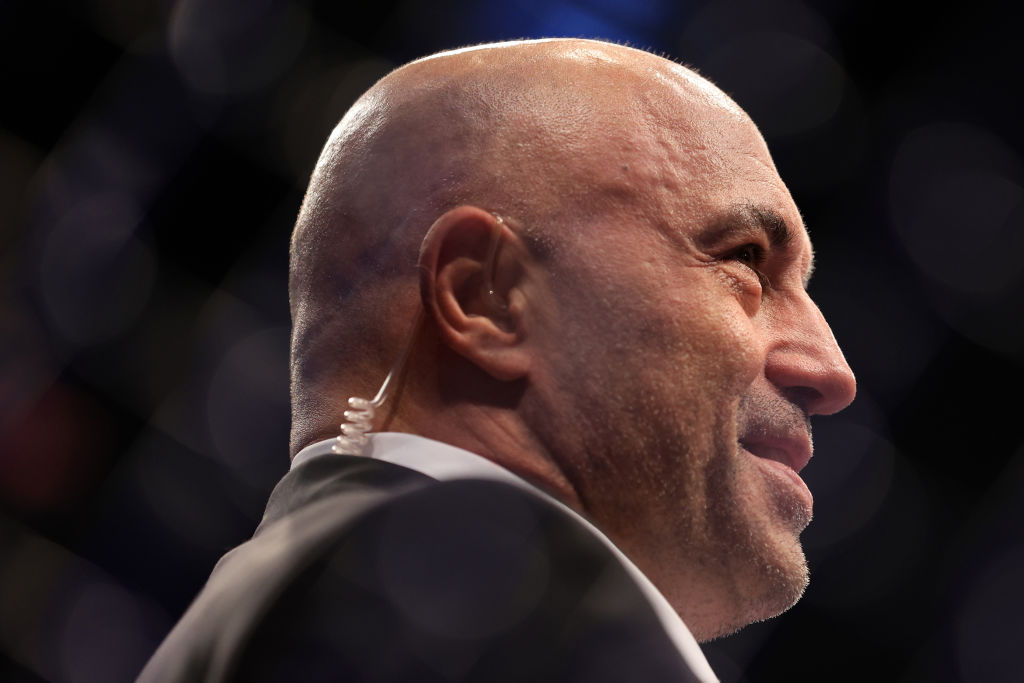
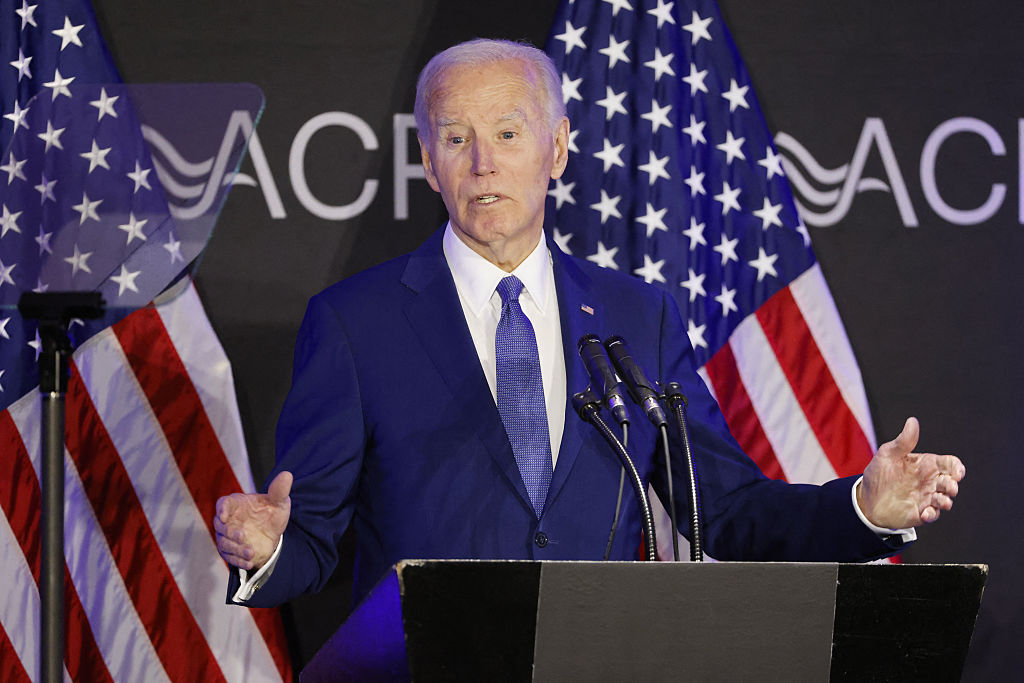
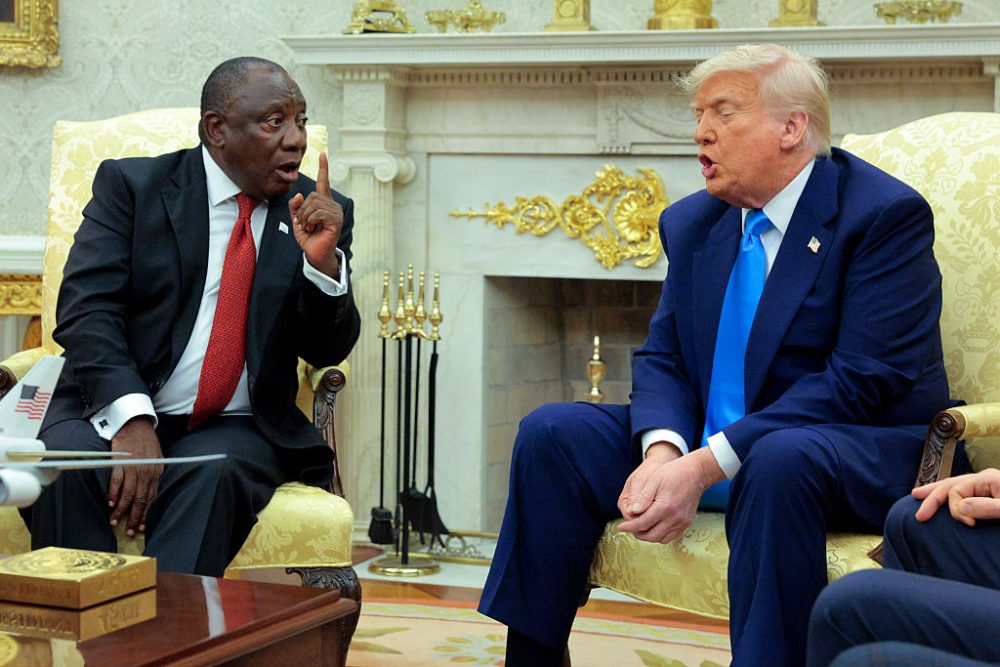







Leave a Reply